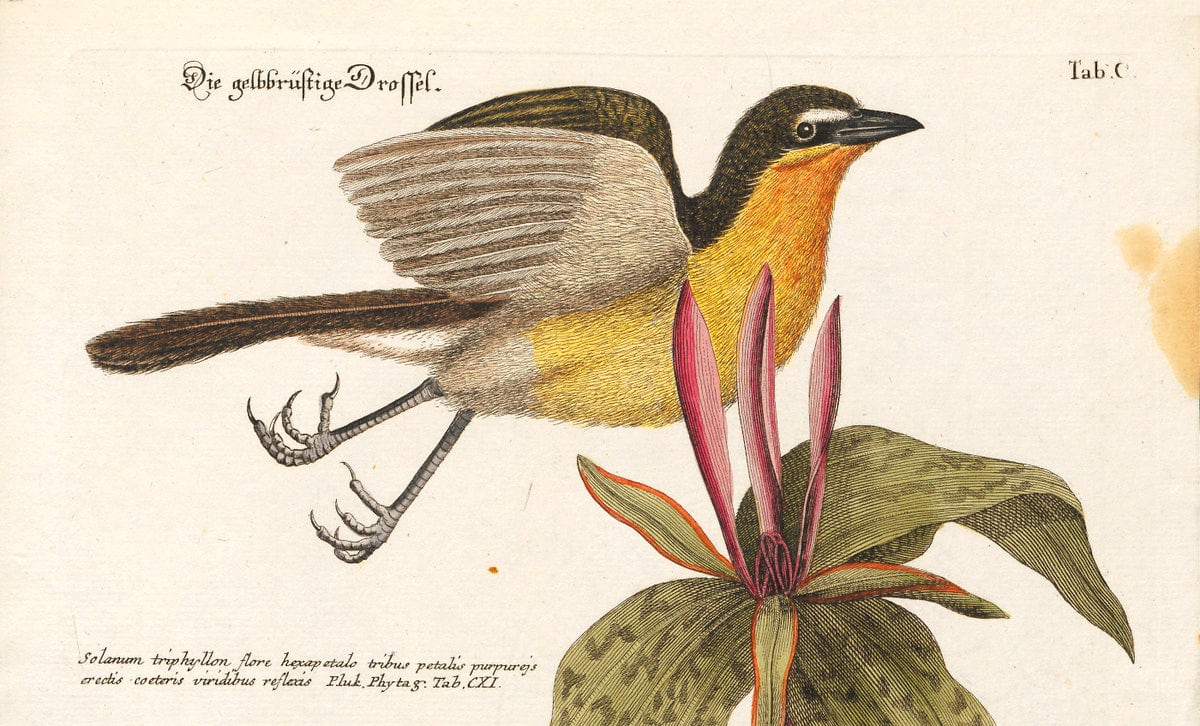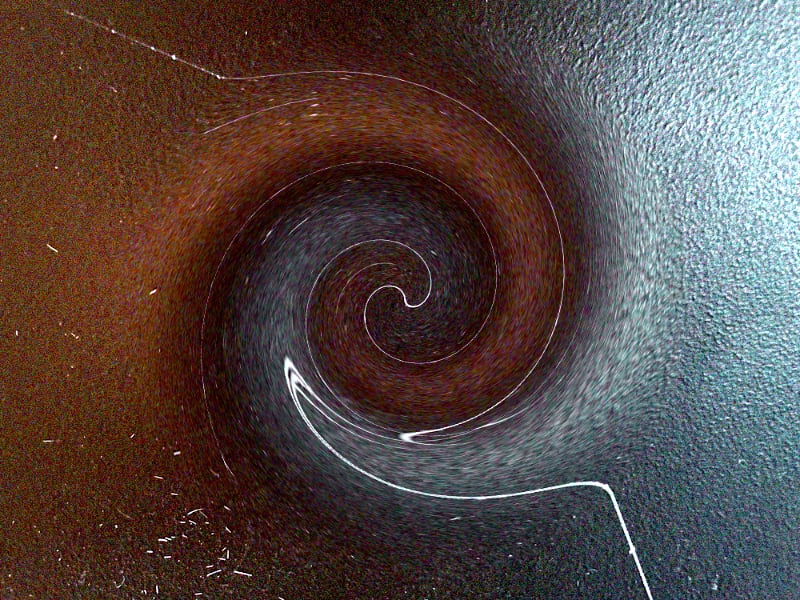
Making a nest
The present is slow and appears almost immobile when we linger on it. The quantum pulsation of our clocks may be increasing in number, but what we experience of ourselves remains tied to the invisible wall of life in a single moment that keeps slipping away.
The present is patient. It has nothing to do but watch us gesticulate, get drunk and dry up, sometimes in this order or, in a moment of revival, by the other end of the candle.
To make sense of this silence, we usually invent a past, which we believe to be solid, made of certainties. But the past and the future are illusions of the mind. Everything is created in the present. The last moment, without anything we can do about it, immediately rushes into the unconscious like subjugated tectonic plates. But what is no longer is still there in our memories. These are a constant fabrication made in the present. It is not uncommon to reinterpret our stories, give them new meaning, and see the light on what were once shadows.
Jung would persist in believing that the collective unconscious is the symbolic sum of these interpretations, that our minds seek meaning in the atavistic labyrinth of early prehistoric impressions, and that the experience of whole civilizations comes alive on the surface of our dreams to guide us. This is possible. Everything is possible.
We are always looking for our nest, a place, an inner feeling in which we somehow manage to weave meaning into this present.
There are those motivators that urge us to find our X, a French expression that is difficult to translate into English, because X is pronounced EX in that language, and finding your EX is confusing. I prefer to speak of a nest, a place where we can engender an egg, a thing, a reason, a passion that pushes us to participate in the Order of things.
These same motivators are not wrong to urge us to look back at our past, to ask ourselves what we loved to do when we were young, because the nest is surely still there. This questioning takes on its whole meaning when we find ourselves "at a crossroads," something that happens more or less often in everyone’s life.
You ask yourself these painful questions: "Who am I?" – "What have I done?" – "Has this made me happy?" – "What am I doing right now?" – "Do I like my job or my pay?
It quickly becomes dizzying, and our first instinct is to ignore the truths that come out of it because it seems that it is already too late, that we cannot change the course of things. Comfort is there, and it holds us.
Where we are may not be an X, a nest, however. The tragedy for many of us is that we dare not leave this place, which may be quiet, but is grey as a cloudy summer sky. Perhaps we are content with little because, in any case, there is no need to have much.
Our old life, the one we seem to drag along as we navigate our karma, remains a realm we can always explore. We must let go, deal only with the present and make do. But tell that to the African who can’t grow cocoa. Tell that to the Ukrainian who is told that the dictator wants to transmute his.her soul. Listen to the women who are forbidden to choose their lives in the name of a cruel God. For them, finding a nest is not the priority... Is it, then, a luxury?
If the present is eternal, it is not the one that will give us a definitive answer. Reality seems to be elsewhere, so compressed in our memories that our entire lives seem to flash by at the slightest spark of memory. The same is true of the history of civilizations. Whether they lasted four hundred or a thousand years, the many generations that lived through them moved slowly through the jellied water of existence without suspecting the tsunamis they were surfing on.
The present is a cauldron, a caldera, or a nest of barbed straw. We have this urgency to sow it. Perhaps our greatest mistake is that we too often close our eyes to the way we want and love, and we don’t take the time to be aware of it and, by the same token, to be eternal.
This is, of course, only a hypothesis.

